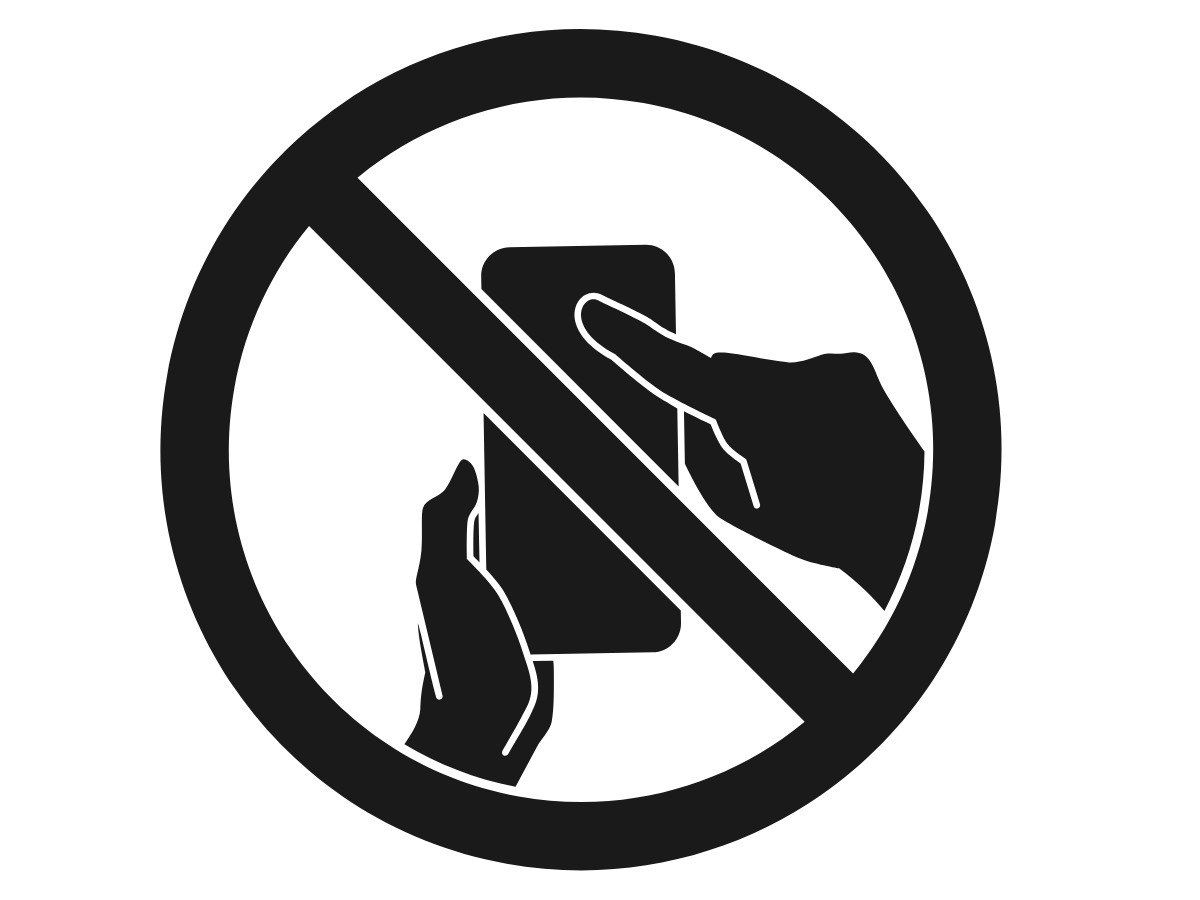IJM Australia welcomes new research released today that builds on our national understanding of how Australians are participating in one of the fastest growing crimes in the world, the online sexual exploitation of children.
The study by the University of NSW and Jesuit Social Services found one in six or 15 per cent of Australian men report sexual feelings towards children, and approximately one third of this group reports sexually offending against children.
The five per cent of Australian men who have sexual feelings toward children and report sexually offending children are over 25 times more likely to hold attitudes conducive to online child sex offending, and over sixteen times more likely to purchase sexual content online.
“This new research should serve as a wakeup call for our policy makers,” Grace Wong, Chief Advocacy Officer at IJM Australia said.
“A 2020 IJM study1 found Australians accounted for 1 in 5 offenders for the online sexual exploitation and abuse of children in the Philippines, the global hot spot for this crime type.
IJM’s recent Scale of Harm report2 found nearly half a million Filipino children, or roughly 1 in 100, were trafficked in 2022 alone to produce new online child sexual exploitation material for profit.”
The UNSW and Jesuit Social Services research reveals that men with sexual feelings and/or who have sexually offended against children are much more active on social media and significantly more likely to use encrypted apps and privacy services.
“The online sexual exploitation of children is a growing transnational crime, and the ease with which Australian perpetrators offend via everyday social media and encrypted messaging apps makes this crime easier to commit, easier to hide, and harder to address,” Ms Wong said.
“However, there is more we can do to protect children from online sexual abuse. IJM Australia is calling for a coordinated response between government, tech companies and law enforcement to improve protection and prevention of online child sexual exploitation and abuse.
“Tech companies have a huge role to play in proactively stopping content at the source, and detecting and reporting child sexual abuse materials that are created and shared on their platforms.
“Tech companies providing encrypted services must prioritise child safety and use technical tools that are already available, which do not break encryption or violate privacy rights of users, to detect and disrupt this material.
“The Australian Government must work together with the tech sectors and law enforcement to protect vulnerable children from online sexual exploitation and abuse by Australian offenders.”
1 IJM 2020 Online Sexual Exploitation of Children in the Philippines: Analysis and Recommendations for Governments, Industry, and Civil Society report available .
2 IJM 2023 Scale of Harm report available .





